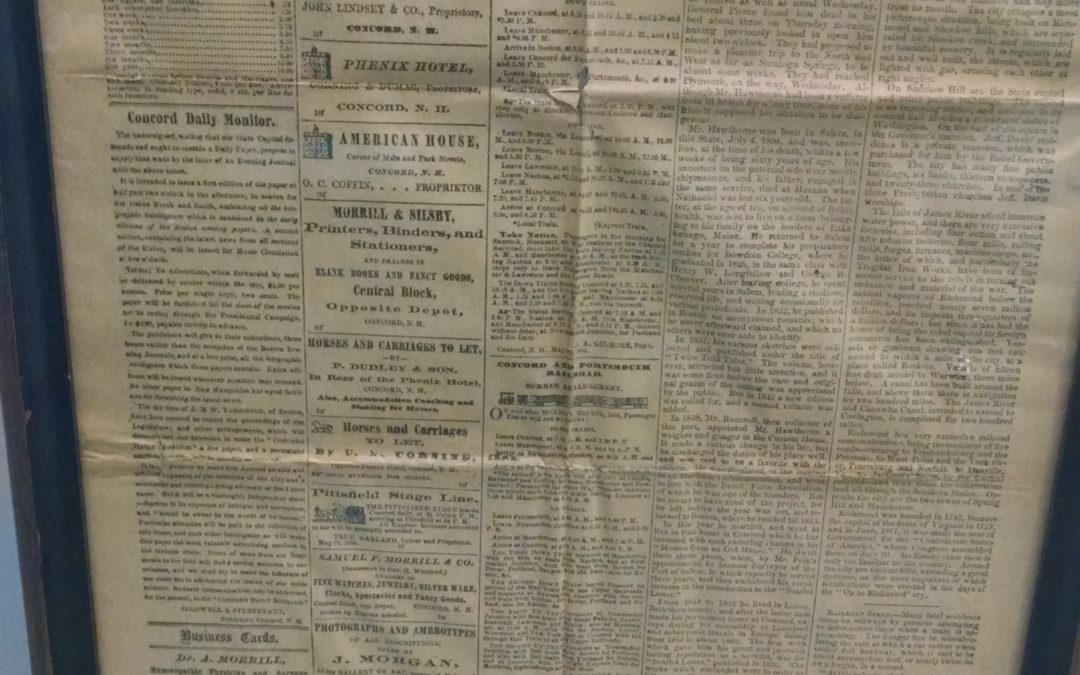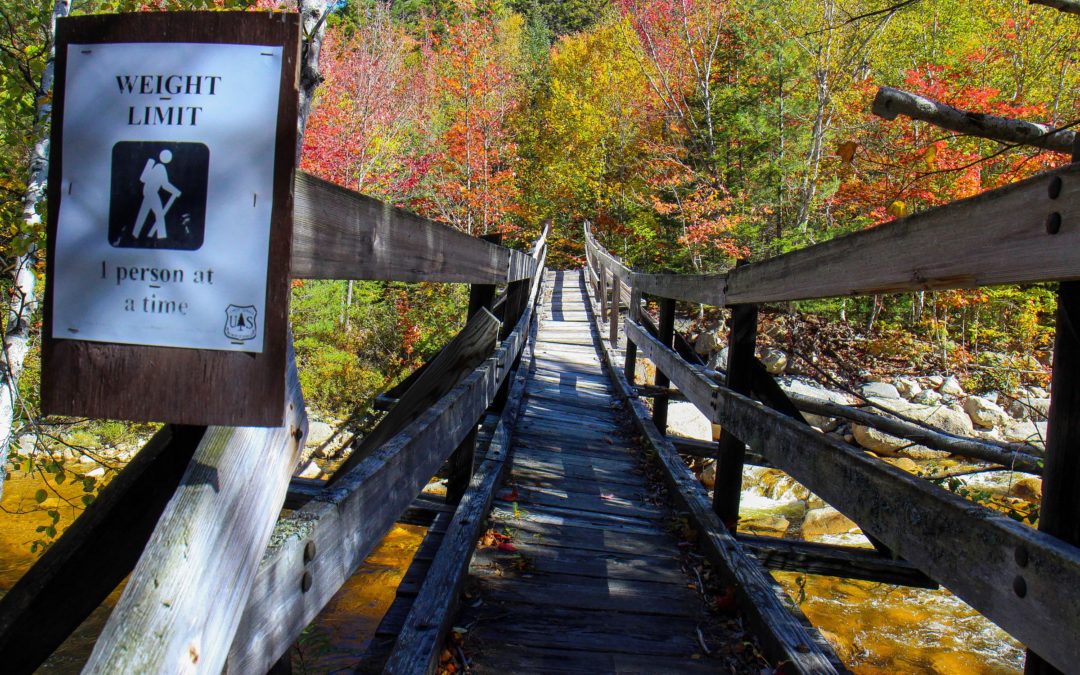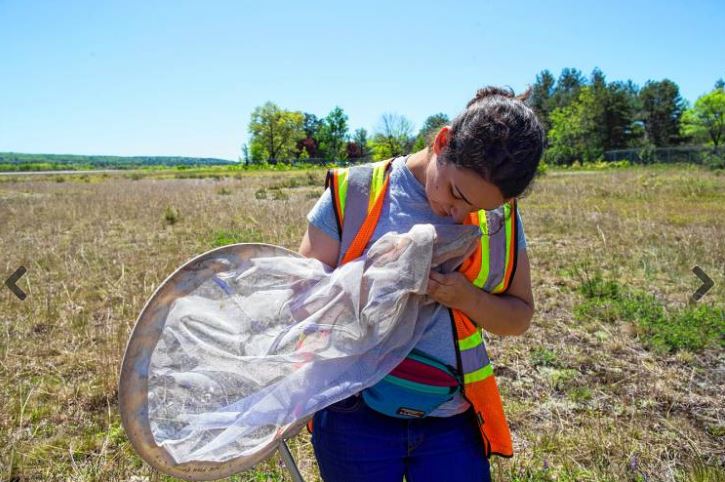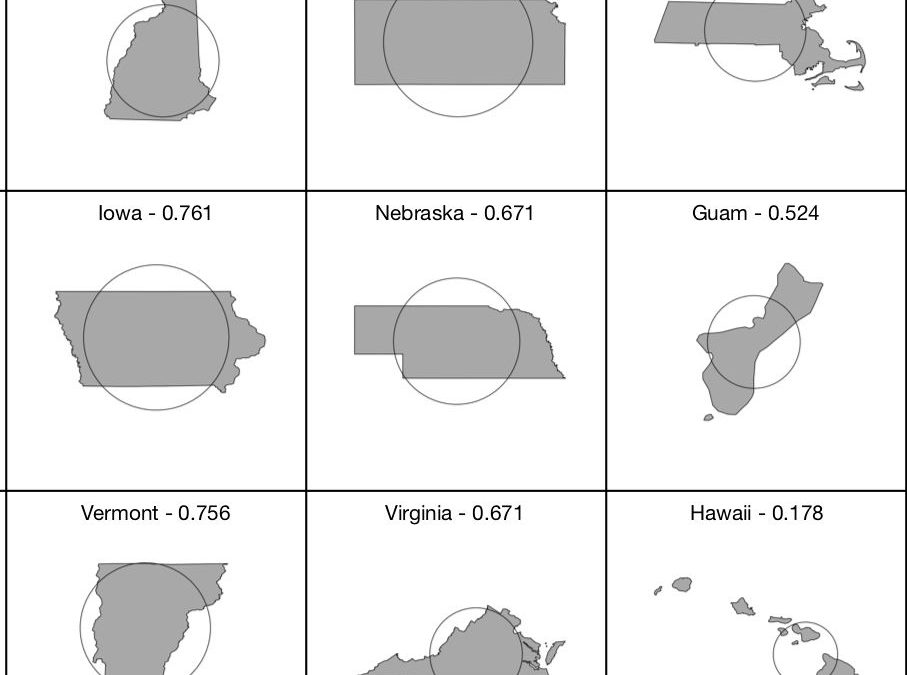Sci/tech tidbits in and around New Hampshire
What tells forests to produce lots of nuts/berries one year but not another?
In forests, “mast” doesn’t mean those tall skinny things on ships – it means free food.
Like the feds, NH government boots Kaspersky Lab software
The company’s ties to Russia have raised a lot of suspicion.

Double-checking a Concord Monitor calculation from 154 years ago
The very first edition of this paper got pretty geeky about relative and absolute motion of locomotives.
To increase forest carbon capture, harvest trees less and less often – but still harvest
“When we shift to forestry practices that less frequently harvest smaller amounts of wood from each acre, this leads to 14 to 33 percent more carbon be stored over the next 100 years. This happens because trees would be allowed to grow older and larger and store more carbon than typically happens under current practices,”

A bridge too wild? Footbridge in Pemi Wilderness won’t be replaced
The fate of this footbridge in the midst of the state’s biggest wilderness area has pitted different outdoors advocates against each other.
Mass., Rhode Island choose winners for 1,200 MW total of offshore wind
Offshore wind makes sense along the Eastern seaboard because our continental shelf is pretty flat, so waters are shallow-ish and easy to build in (the continental shelf along the Pacific coast, by contrast, falls off sharply) – plus, it’s close to lots of electricity customers. Things are finally happening on that front.
Something else to worry about: pathogens that are resistant to antibiotics
“Antibiotics are the only drug where misuse for one patient can have health consequences for someone else.”

The Karner blue isn’t the only butterfly that thinks Concord Airport is a great place to hang out
Captive breeding developed to save our state butterfly can help other butterflies that also like pine barrens.
Concord’s tech firm on Main Street bought by a much larger (say, 1,000x) firm
Bittware has moved three times but stayed on Main Street because being downtown is a lure to high-tech employees.

New Hampshire is more circular than Vermont (this is not a politics joke)
On the national scale, I bet Chile scores really low.

 Return to the Concord Monitor
Return to the Concord Monitor